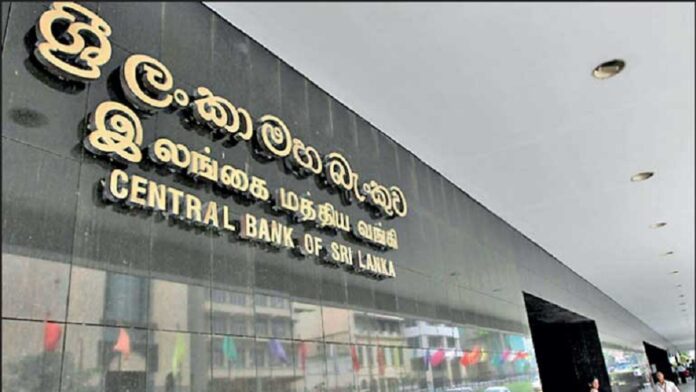Sri Lanka is now in an unprecedented economic and humanitarian crisis ten months after the declaration of so-called preemptive debt default on April 12 by newly appointed Governor of the Central Bank Nandalal Weerasinghe by ousted President Gotabaya Rajapksa, several economic experts warned.
In the wake of public uprising, President Gotabaya Rajapaksa fled Sri Lanka on July 13 to Maldives three months after the declaration of the debt default and in his absence, he appointed Prime Minister Ranil Wickremesinghe as acting president.
Later he was constitutionally elected in parliament by majority vote of people’s representatives to bear the brunt of the previous evils plus the repercussions of the debt default of the then regime.
The rest is now history tainted with numerous predictions relating to the date of unlocking the IMF’s US$2.9 billion bail out loan by CB chief Nandalal whose habit was to name and shame messengers of the public for divulging the status of the current economic situation.
The pre-emptive default declared by Nandalal was premature because only US$ 78 million in debt-servicing was due that month, while the next large ISB repayment, of $1 billion, was due in July 2022.
According Central bank records at that time released by then Governor Ajith Nivard Cabraal there was an expected forex inflow of over US $ 10.7 billion in the pipeline as at April 4
Of the above pipeline, a sum of $ 4.5 billion was confirmed as being in the final stages by April 3 and a further amount of around $2.6 billion was very likely to materialize over the short term,
These forex receipts would have enabled the Government to settle the maturing payments due in 2022, while also rolling over several other existing loans, including Sri Lanka Development Bonds and Foreign Currency Banking Unit (FCBU) loans.
But all these were not metrailsed due to the country’s status of default as no one was willing to give loans to a country which is publicly declared bankrupt.
However the new governor Weerasinghe was confident that Sri Lanka would get bridge financing from donors, an IMF agreement with additional funds in three months, and a rapid process of debt restructuring.
But now everyone knows the situation after ten months under strict monetary policy of the Central Bank.
The CB’s sudden devaluation of the Sri Lankan rupee, a drastic increase in interest rates, the withdrawal of fuel subsidies and severe cuts to state expenditure all amount to stringent austerity measures shrinking the economy like a useless balloon without air.
The consequence is economic devastation as the country sinks into a depression. Millions now suffer dwindling incomes, tremendous increases in the cost of living, food insecurity and even starvation.
This situation was forecasted by several economic experts and it was reported in local media but CB governor was adamant in targeting messengers. And now he is planning to attend IMF spring meetings with his gim band of stooges spending public money .
Despite CB’s back peddling, President Wickremasinghe’s has made bold attempts to navigate the ship in troubled waters by introducing far reaching fiscal adjustments , But it is now caught up in debt default storm as a result of restructuring process hangs on the balance.
Unlocking these funds, however, depends on the IMF receiving assurances from major bilateral creditors that they will eventually provide an adequate amount of debt relief.
The Paris Club of traditional (Western) government creditors has provided the necessary assurances. China, however, is Sri Lanka’s biggest bilateral creditor and so far has only committed to a two-year moratorium from its Exim bank on debt service payments– and only India has given firm assurance to the IMF.
China claims that loans from China Development Bank – its other policy bank engaged in overseas lending – should be treated as commercial and outside the framework for official creditors.
Now the IMF is compelled to consider Sri Lanka’s case without chinese debt relief and it is delaying the likelihood of a quick resolution.
The country’s economic crisis is pushing majority Sri Lankan households into poverty with prices about 60 per cent higher and the World Food Program estimating more and more households are suffering shortages.
This will lead to another people’s uprising under the demand of holding elections under the provocation already instigated by opposition political parties.
